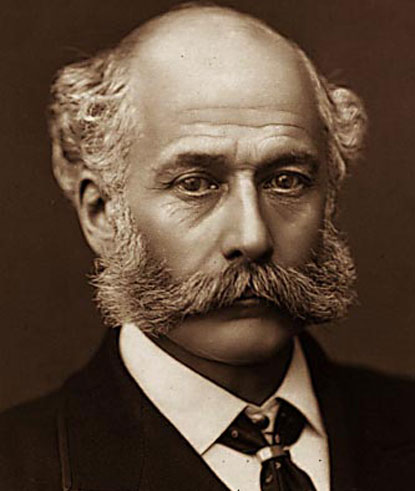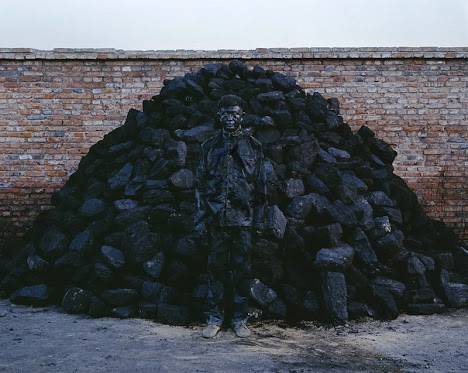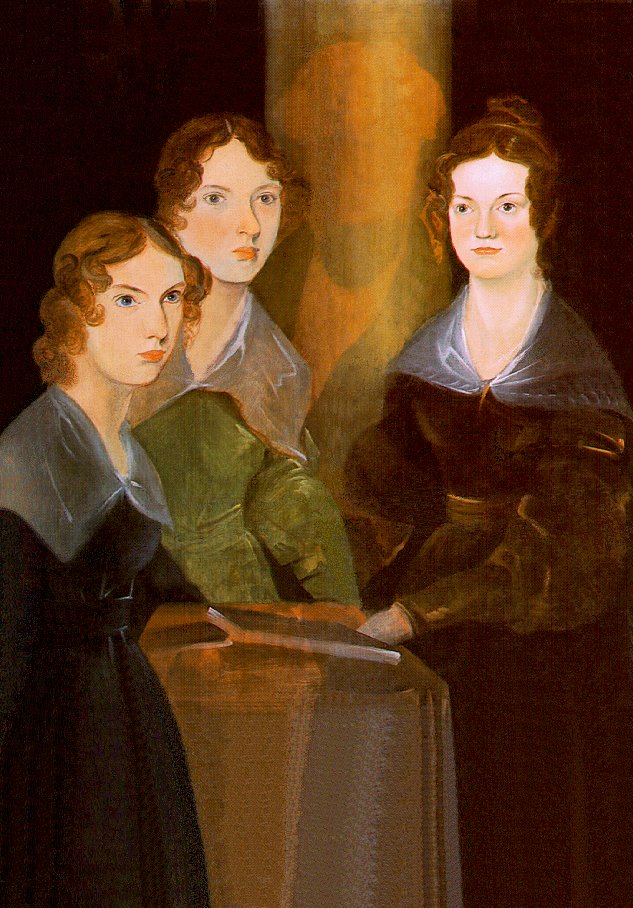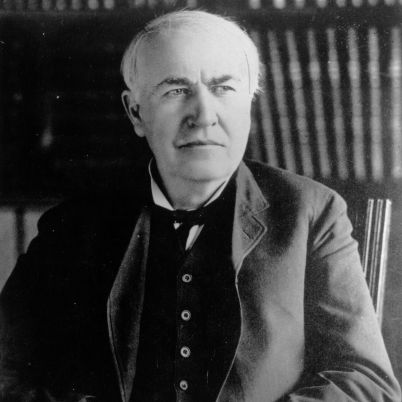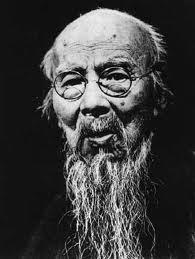As chief engineer to London’s metropolitan board of works in the mid-19th century, Bazalgette had a significant impact both on London’s appearance and, through his design of an efficient sewage system, on the health of its inhabitants.
Joseph Bazalgette was born in London on 28 March 1819. His father was a captain in the Royal Navy. Bazalgette began his career as a railway engineer, gaining considerable experience in land drainage and reclamation. In 1842 he set up in private practice.
In 1856, London’s metropolitan board of works was established. The board was the first organisation to supervise public works in a unified way over the whole city, and it elected Joseph Bazalgette as its first, and only, chief engineer.
In the mid-19th century, London was suffering from recurring epidemics of cholera. In 1853 – 1854 more than 10,000 Londoners were killed by the disease. It was thought at the time to be caused by foul air. The hot summer of 1858 created the ‘Great Stink of London’, which overwhelmed all those who went near the Thames – including the occupants of Parliament. This, together with the frequent occurrence of cholera, gave impetus to legislation enabling the metropolitan board to begin work on sewers and street improvements. By 1866 most of London was connected to a sewer network devised by Bazalgette.
He saw to it that the flow of foul water from old sewers and underground rivers was intercepted, and diverted along new, low-level sewers, built behind embankments on the riverfront and taken to new treatment works.
By 1870 both the Albert and the Victoria Embankments had been opened. These replaced the tidal mud of the Thames shore with reclaimed ground for riverside roads and gardens behind their curved river walls. The Victoria Embankment protected Bazalgette’s low-level sewer, as well as a service subway and the underground railway. The Chelsea Embankment was completed in 1874, reclaiming over 52 acres from the Thames.
Throughout this busy time, Bazalgette continued to train young civil engineers and provide independent advice to other British towns and cities – as well as places as far apart as Budapest and Port Louis, Mauritius.
Bazalgette died on 15 March 1891.
Credit:
BBC

